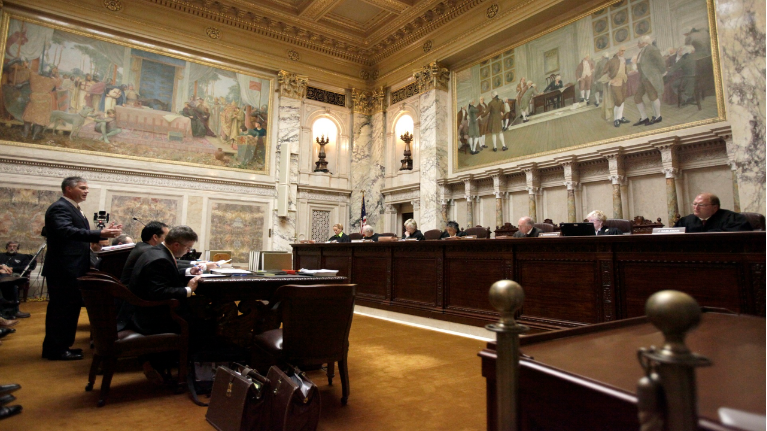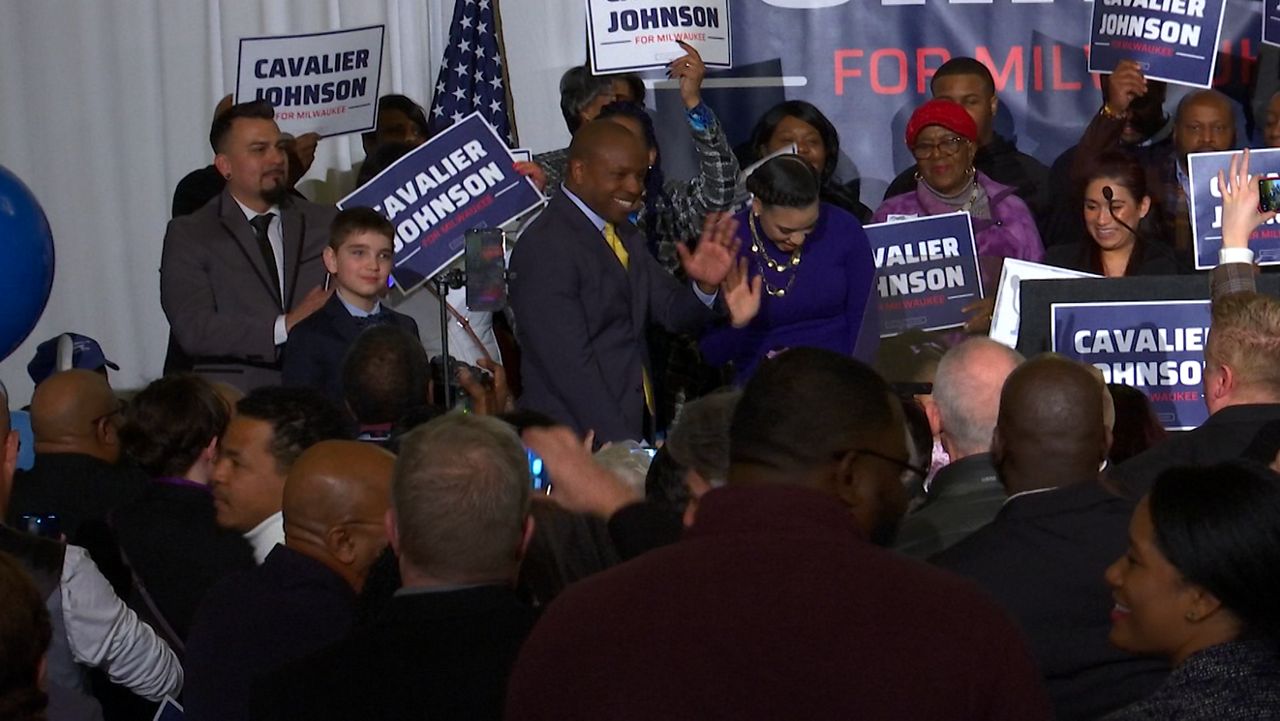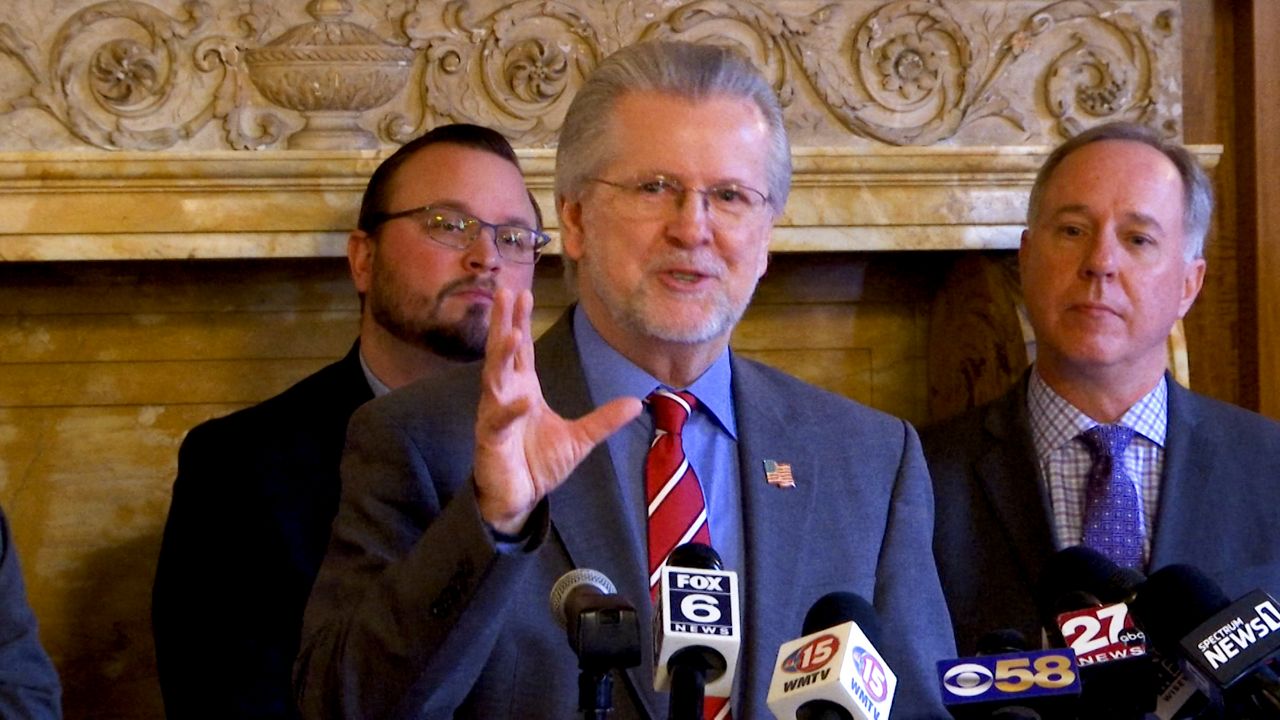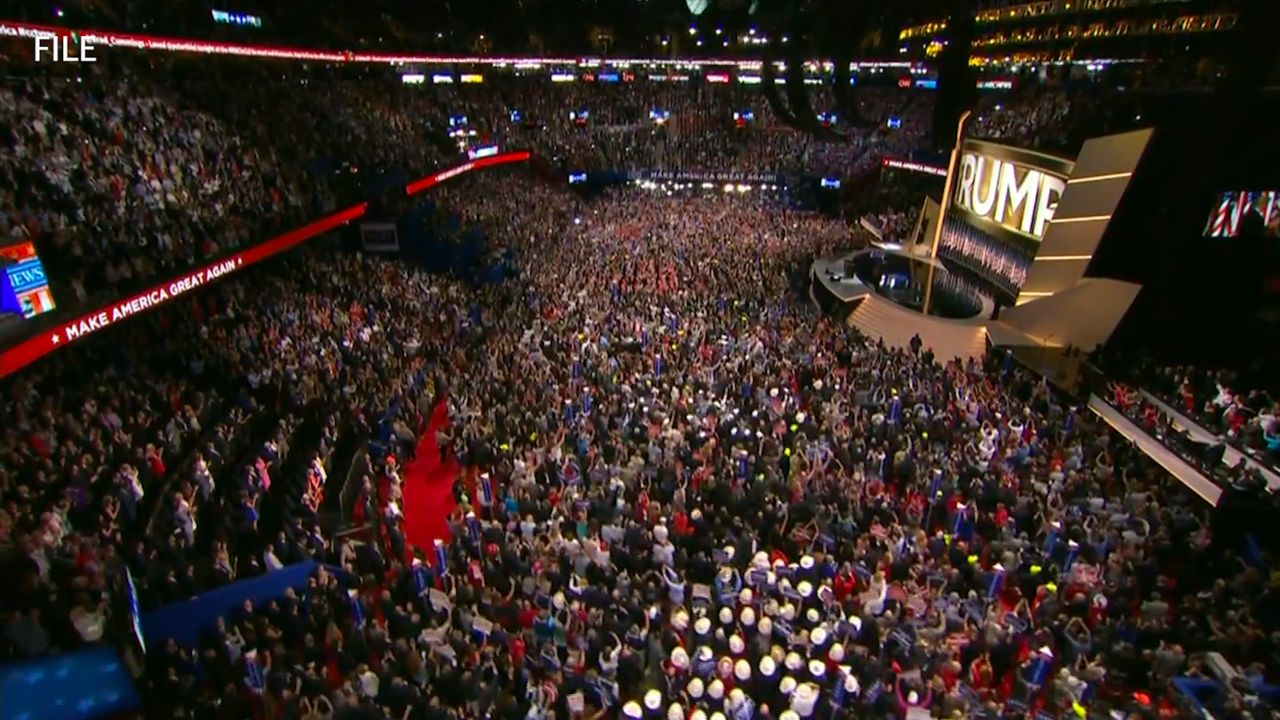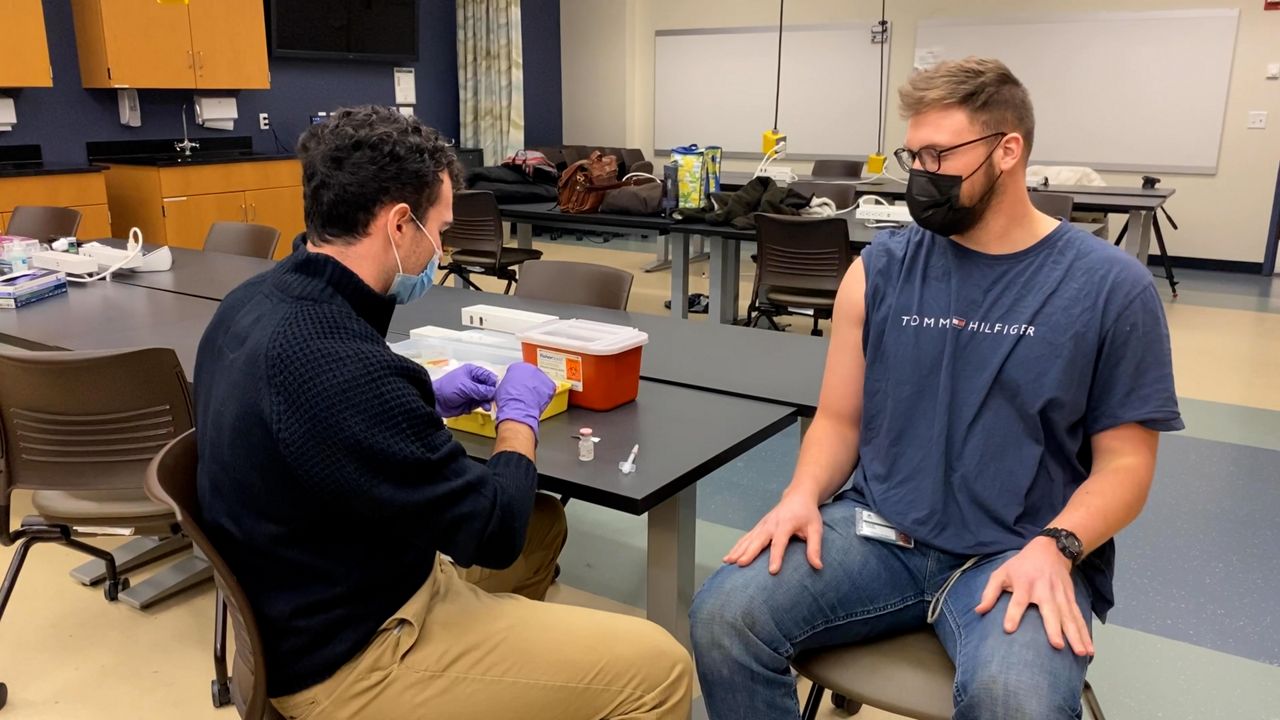MADISON, Wis. (AP) — The Wisconsin Supreme Court turns its attention to redistricting on Thursday, considering a request backed by Republicans to change its current procedures for handling cases related to the once-a-decade process of drawing new political boundaries.
Conservatives, with the support of state and federal Republican officeholders, are asking the court to fast-track any legal challenges by taking them directly, bypassing lower courts. Roughly 2,000 comments have been filed in opposition from a wide array of groups and people, including Democrats and Republicans.
Here is a look at who is asking for what and why the issues matter.
WHAT IS REDISTRICTING?
The state Legislature is charged with drawing new political boundaries for state Assembly and Senate, as well as congressional districts after the Census every 10 years. The last redistricting in 2011 helped cement the Republican majority that has controlled the state Legislature for a decade. There has been a push since then, primarily from Democrats, to enact a more nonpartisan process. Unlike in 2011, this year there is a Democratic governor who can veto the Legislature’s maps. That has increased expectations that courts will play a larger role in drawing the maps, as they traditionally have when no single party has full control.
WHY THE SUPREME COURT?
Redistricting lawsuits usually are filed in federal court, but they can also go to state court. The Wisconsin Supreme Court deferred to federal courts on redistricting challenges in 2002, saying it had no established protocol for taking up such cases. In 2009, after a six-year study, the court decided against changing its rules for handling the lawsuits. It determined then that having the cases start in the Supreme Court, bypassing lower courts where facts and other testimony can be gathered, was a bad idea. Conservatives this year are hoping the court changes its mind. The court is controlled 4-3 by conservatives, but Justice Brian Hagedorn has sided with liberals in several high-profile cases. Chief Justice Patience Roggensack and Justice Annette Ziegler, both conservatives, rejected making rule changes 12 years ago.
WHO IS INVOLVED?
The conservative Wisconsin Institute for Law and Liberty along with former Republican Assembly Speaker Scott Jensen filed a petition with the Wisconsin Supreme Court in November. Republican legislative leaders and the state’s five Republican U.S. House members support the the procedures they want the court to adopt. The changes are opposed by a wide array of groups including Law Forward, a new law firm created to push back against conservatives on redistricting, government watchdog group Common Cause Wisconsin, the Wisconsin Association for Justice, legal scholars and the League of Women Voters. The Fair Maps Coalition gathered nearly 2,000 comments opposing the petition.
WHAT DO THEY WANT?
The conservative petitioners and Republican officeholders who back their effort seek a number of changes to the process. They want all legal challenges to skip the lower courts and start immediately with the Wisconsin Supreme Court. The rule would allow for lawsuits to be filed even before the Legislature has passed a map. They argue that the rules would establish clear procedures for the court to efficiently handle redistricting lawsuits and “to avoid a frenzy of last-minute litigation occurring in the absence of clearly defined rules.” They are asking the court to limit those who are required to be involved in any redistricting lawsuit to the governor, Senate, Assembly and political parties. The proposed rule also establishes a two-step procedure for the court to approve a map. The court would either draw its own map or use one submitted by a party, and then make it available for public comment prior to finalizing.
WHAT DO OPPONENTS SAY?
Opponents argue that by skipping the lower courts, the Supreme Court will be brought in prematurely without all the relevant facts that are gathered by lower courts. They note the court can currently take a case directly but that the process should not be standardized for redistricting cases. The court previously blanched at taking hyper-partisan redistricting cases out of concern it would come under political pressure and how that would affect public perception, said Law Forward attorney Doug Poland. Reversing course to enact changes sought by Republicans would only fuel more distrust and feeling that the “fix is in,” said fellow Law Forward attorney Jeff Mandell. Opponents also object to guaranteeing the participation of partisan officeholders in the cases while giving the court discretion on allowing citizens, nonprofits and others to join.
WHAT HAPPENS NEXT?
The Supreme Court will hear testimony about the proposal on Thursday. Justices will deliberate in private and release their decision at a later date. The Legislature will officially begin the redistricting process in the summer.





